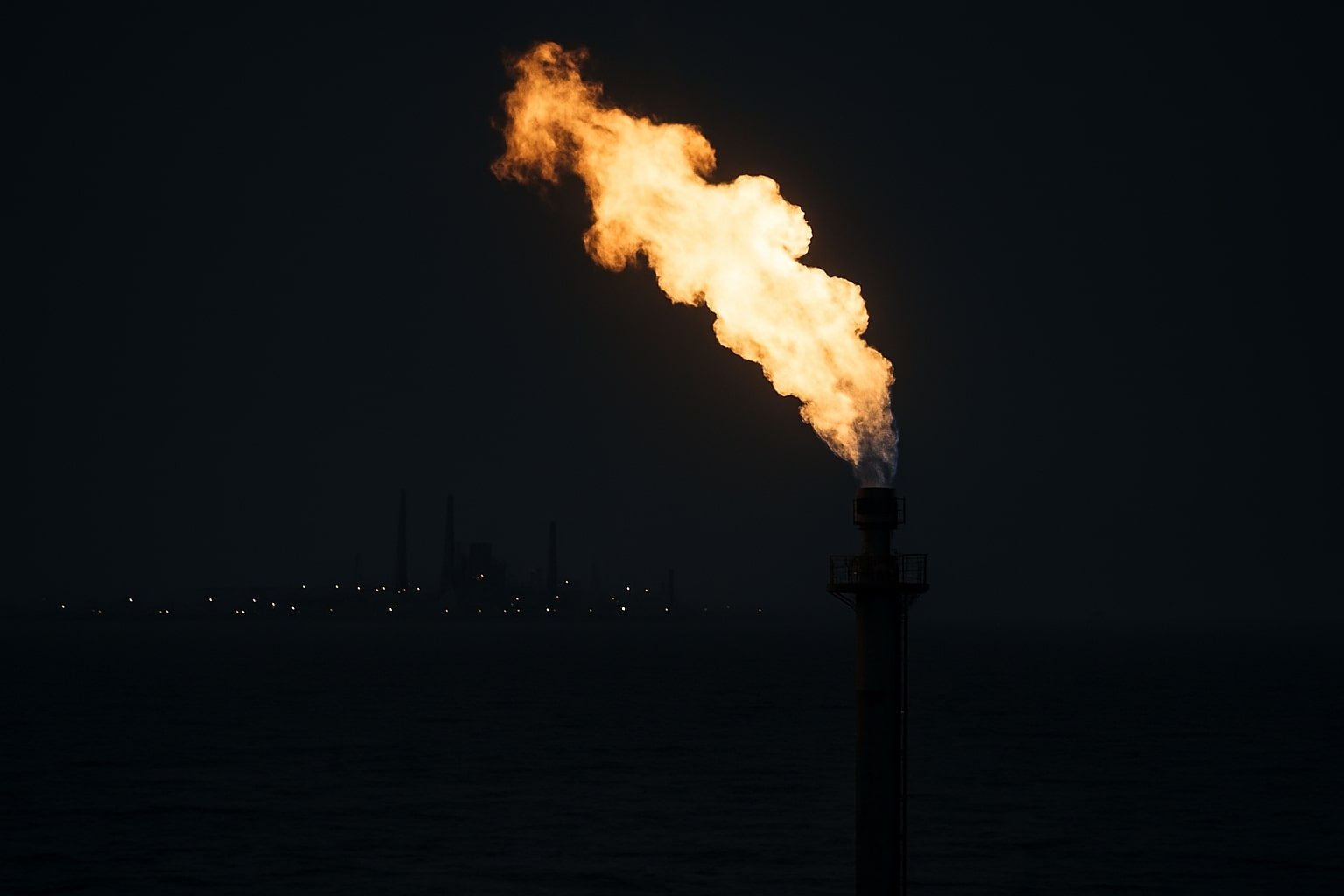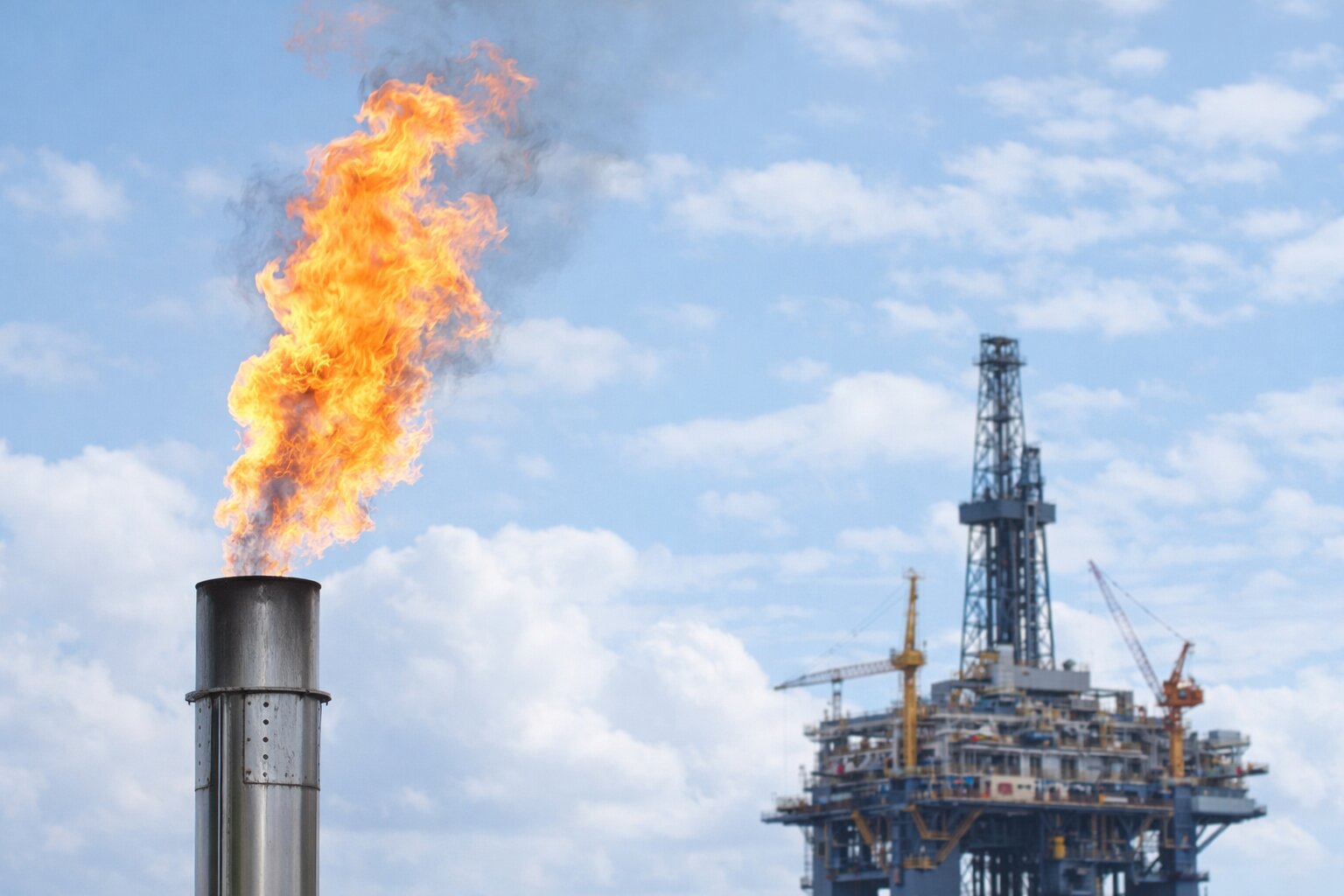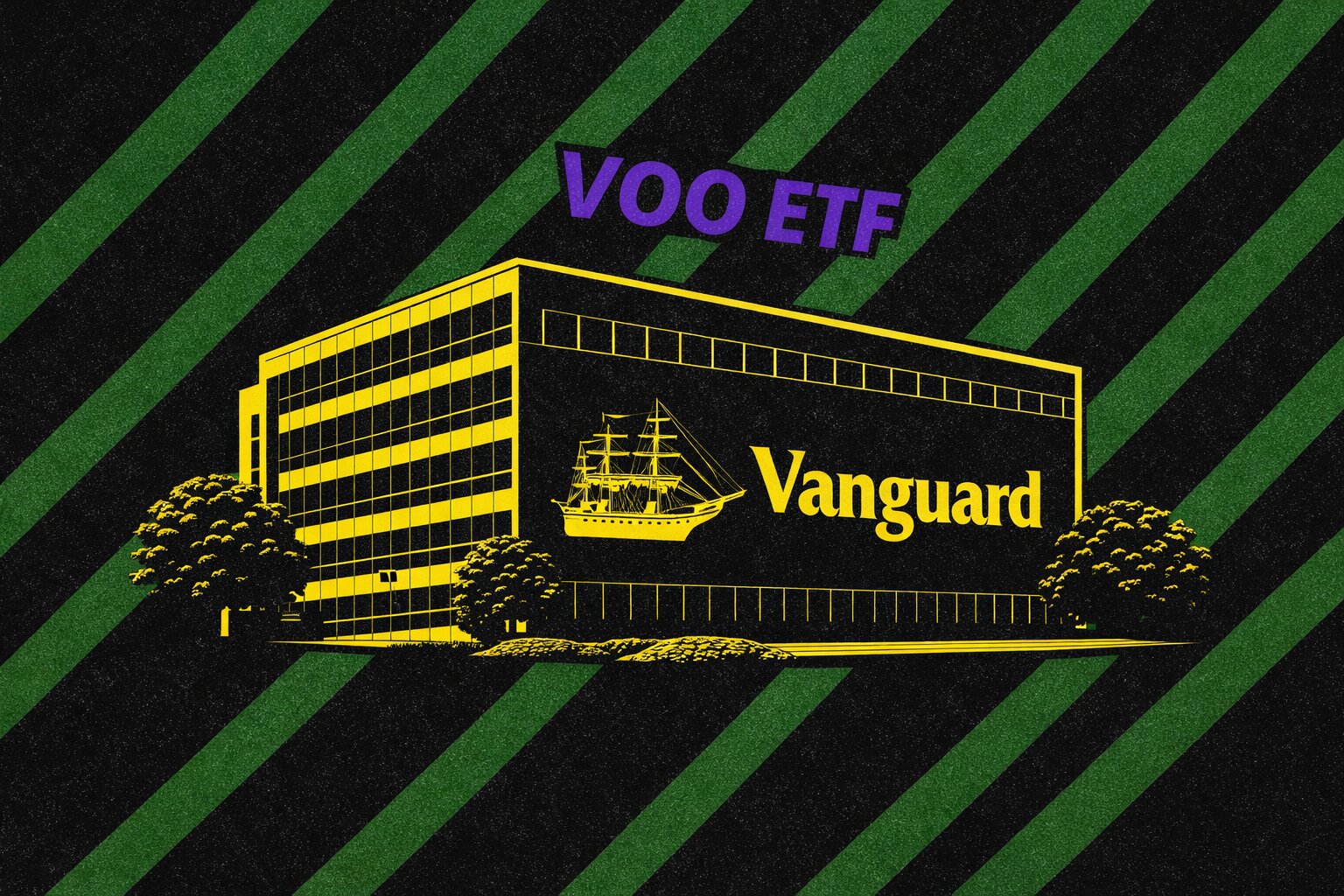
Natural Gas Price Forecast - (NG=F) Pressured at $2.90 as Storage Surplus Collides With Fed Cut and EU Risks
With U.S. inventories 3.43 Tcf, 6.3% above seasonal norms, and TTF futures at €33, traders weigh bearish near-term supply against medium-term LNG growth from Fed easing | That's TradignNEWS
Natural Gas Futures Struggle at $2.90 as Storage Builds Outpace Expectations
Natural Gas (NG=F) futures extended losses into Friday, trading near $2.90/MMBtu after a steep 16.1 cent decline in the prior session. The latest U.S. Energy Information Administration report revealed an injection of 90 Bcf for the week ending September 12, well above the five-year norm of 74 Bcf and ahead of market consensus of 80 Bcf. That pushed total inventories to 3.43 Tcf, positioning stocks 6.3% above seasonal averages and weighing on sentiment. The storage surprise has placed renewed pressure on Henry Hub benchmarks, with the October contract unable to reclaim the psychological $3 handle.
Weather Models and Seasonal Transition Keep Demand Suppressed
Forecasts for late September point to milder weather across the Midwest and South, limiting air-conditioning loads while colder winter patterns have not yet materialized. This transition period has left balances soft at the same time U.S. production is averaging a heavy 106 Bcf/d, ensuring supply remains plentiful. The rollover into November contracts next week is set to shift focus toward heating demand, which typically lifts consumption into the back half of the month. Traders are watching whether these seasonal dynamics will be strong enough to offset the current surplus.
Regional Basis Markets Highlight Infrastructure Stress
Physical pricing shows wide regional divergence. At Waha hub in West Texas, gas changed hands near $1.065, while Transwestern and El Paso South Mainline both hovered below $1, reflecting severe takeaway constraints. Northwest Sumas plunged by almost $0.97 as Canadian bottlenecks eased, reinforcing just how sensitive basis levels remain to infrastructure swings. Maintenance at Cove Point LNG in Maryland is slashing roughly 0.7 Bcf/d of feedgas demand through early October, another factor keeping spot balances heavy in the short term.
European TTF Futures Hold Near €33 on Russian Supply Concerns
Across the Atlantic, European natural gas prices have retained a bullish bias. TTF contracts settled just under €33/MWh, up 1.7% on the session, as traders position for potential acceleration of the EU’s phase-out of Russian LNG ahead of 2027. Storage in Europe stands at 81% capacity, down from 93.4% last year and below the five-year average of 87.6%. Cooler forecasts in northwest Europe may also slow injections, adding to concern about winter sufficiency and providing underlying support to TTF benchmarks. This structural risk premium continues to attract U.S. LNG cargoes, supporting export demand.
Read More
-
VOO ETF Price Near $634 as AI Capex and Tariff Shock Rewire the S&P 500
22.02.2026 · TradingNEWS ArchiveStocks
-
XRP ETF XRPI And XRPR: $1.40 XRP, $4B Ripple Deals And A Tight Supply Squeeze
22.02.2026 · TradingNEWS ArchiveCrypto
-
Natural Gas Price Near $3.05 as Bomb Cyclone and Global Supply Stress Collide
22.02.2026 · TradingNEWS ArchiveCommodities
-
USD/JPY Price Forecast: Yen Shock Turns 155 Into a Make-or-Break Level
22.02.2026 · TradingNEWS ArchiveForex
Federal Reserve Rate Cuts Alter Long-Term Demand Calculus
Macroeconomic policy adds another layer of complexity. The Federal Reserve cut rates by 25 bps this week, its first easing move of 2025, and signaled more reductions could follow. Cheaper borrowing costs could accelerate investment in LNG terminals, petrochemical facilities, and other energy-intensive projects that raise natural gas demand over the medium term. Former President Trump’s renewed calls for lower oil prices to pressure Moscow highlight how U.S. energy markets remain exposed to geopolitical swings that can spill over into natural gas dynamics.
Technical Structure Centers on $3 Resistance Zone
The $2.90 to $3 corridor has become the key battleground for Henry Hub futures. The 50-day EMA is sliding at $3.07 and capping rallies, while the 200-day EMA at $3.20 is the level technicians view as confirmation of a sustained bullish reversal. Momentum indicators remain neutral, with RSI hovering mid-range and MACD flattening, showing that traders are waiting for a catalyst. Should prices breach $2.82, bears could test $2.62 as deeper support, while a clean move through $3.20 would re-open upside targets into the mid-$3s.
Forward Curve and Positioning Reflect Seasonal Uncertainty
The forward strip shows modest gains across most U.S. hubs between September 11–17, though the Permian Basin and Canada lagged due to persistent oversupply. Hedge funds have trimmed net length in Henry Hub contracts, a sign that speculative appetite has cooled after repeated storage surprises. LNG feedgas flows remain firm near 13.2 Bcf/d, yet outages and maintenance keep the ceiling on export demand. The market is effectively in a holding pattern, waiting on either weather-driven consumption or geopolitical supply shocks to break the stalemate.
Investment Outlook for NG=F Futures
With inventories running above trend, production steady at record levels, and weather demand muted, the immediate picture for Natural Gas leans bearish. Prices holding above $2.82 will be critical to prevent a deeper slide, while the $3.20 breakout line remains the level to watch for bullish conviction. The macro backdrop of Fed easing and European supply security could shift sentiment into winter, but until then volatility is likely to remain high. Based on current fundamentals, the stance is Hold with near-term bearish bias, while strategic buyers may look to accumulate if November contracts regain momentum toward $3.20.



















